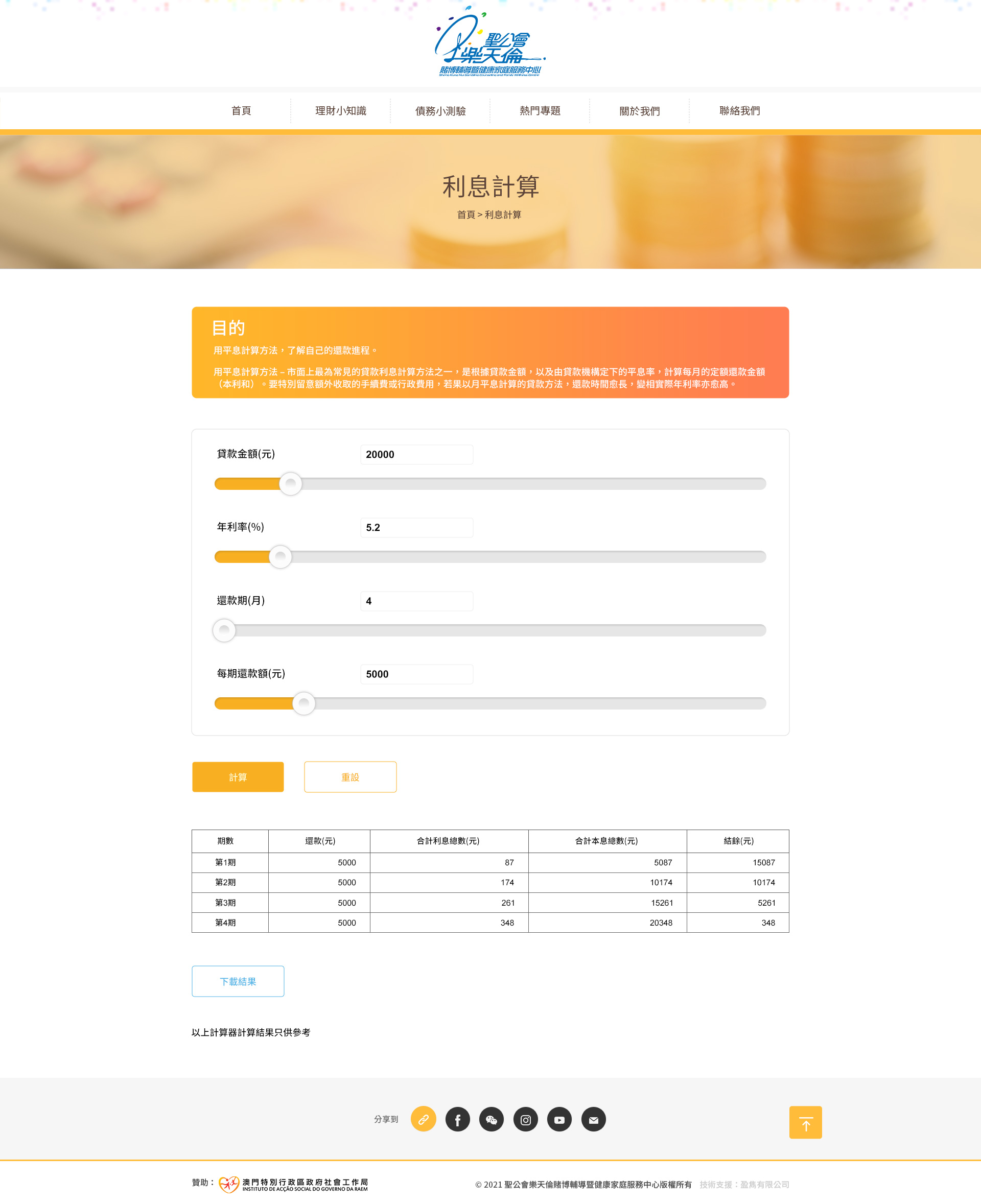

“ is a wake-up call for people to always make sure their money is at an FDIC-insured bank and within FDIC limits and following the FDIC’s rules,” said Matthew Goldberg, a Bankrate analyst. “I don’t think people should panic, but it’s just prudent to have insured deposits versus uninsured deposits,” Hatfield said.īut the collapse is a good reminder to be aware of where your money is held. But make sure your bank is insured by the FDIC, which most large banks are. It doesn’t make sense to take all your money out of a bank, said Jay Hatfield, CEO at Infrastructure Capital Advisors and portfolio manager of the InfraCap Equity Income ETF. In Switzerland, Swiss deposits are insured by the regulator FINMA up to 100,000 Swiss francs. Joint account holders can receive a combined €200,000 ($210,956) in compensation. In the European Union, customers of failed banks are promised €100,000 ($105,431) of their deposits back under a Deposit Guarantee Scheme, which is funded wholly by banks. The FSCS is funded by financial services firms, including banks, which pay an annual levy. In the United Kingdom, through the Financial Services Compensation Scheme, depositors can have up to £85,000 ($102,484) returned if their bank goes under, doubling to £170,000 ($204,967) for joint accounts. Reuters: US regulators are working to bail out SVB customers Photographer: David Paul Morris/Bloomberg via Getty Images David Paul Morris/Bloomberg/Getty Images SVB Financial Group bonds are plunging alongside its shares after the company moved to shore up capital after losses on its securities portfolio and a slowdown in funding. Silicon Valley Bank headquarters in Santa Clara, California, US, on Thursday, March 9, 2023.
#Mymoney com full
If you bank through a federally insured credit union, your deposits are insured at least up to $250,000 by the National Credit Union Administration, which, like the FDIC, is backed by the full faith and credit of the US government.īanking customers in Europe also have deposit protections. In short, if you have less than $250,000 in your account at an FDIC-insured US bank, then you almost certainly have nothing to worry about.Įach deposit account owner will be insured up to $250,000 - so, for example, if you have a joint account with your spouse, your money will be insured up to $500,000. Foreign deposits reached at least $13.9 billion and are also uninsured.īut before markets opened this week, the Biden administration took an extraordinary step, guaranteeing that SVB and Signature customers would have access to all their money starting Monday, even their uninsured deposits.ĭo I have to worry about cash stored in my bank? US customers held at least $151.5 billion in uninsured deposits by the end of 2022, SVB’s latest annual report said. The FDIC insures depositors up to $250,000, but many companies used SVB as their bank and so had a lot more than that in their accounts. Two days later, the FDIC also took over Signature Bank. Global banking crisis: What just happened?Ī bank run on Silicon Valley Bank led the Federal Deposit Insurance Corporation to take control of the bank last Friday in the second-largest bank failure in US history. Louis.Traders work on the floor of the New York Stock Exchange (NYSE) on Main New York City. Created by the Federal Reserve Bank of St. Piggy Bank Primer: Savings and Budgeting, is a lesson with accompanying student work book that uses a story, activities, and puzzles to introduce students to basic economic concepts such as saving, spending, budgeting, wants, goods, services and opportunity cost. The Federal Reserve Bank of Kansas City developed this lesson so students can learn about savings goals. Students are asked whether 100 pennies is the same amount of money as one dollar and then count by twos to fill a and then empty a container of 100 pennies.īunny Money, is a lesson where students listen to the story of Ruby and Max, two bunnies that go shopping and make many spending decision.


Alexander receives a dollar from his grandparents that he plans to save, but he spends it all, a little at a time. Louis where students hear the story of Alexander, Who Used to Be Rich Last Sunday. To reinforce the concepts found in the workbook, check out these other Federal Reserve resources:Īlexander, Who Used to Be Rich Last Sunday is a lesson, from the Federal Reserve Bank of St.


 0 kommentar(er)
0 kommentar(er)
